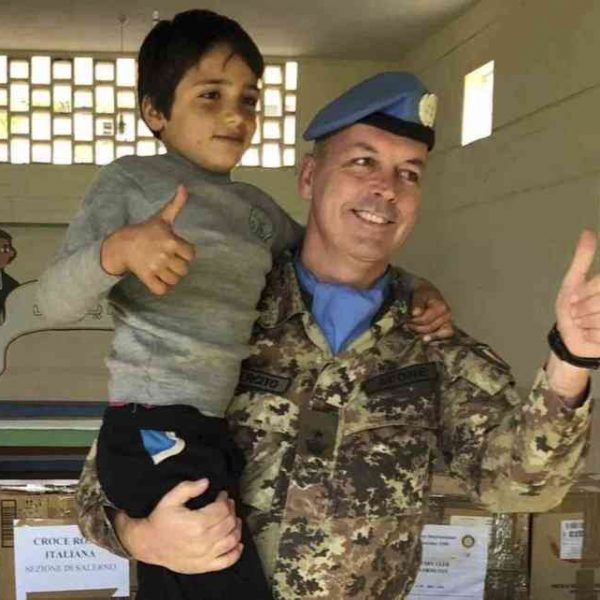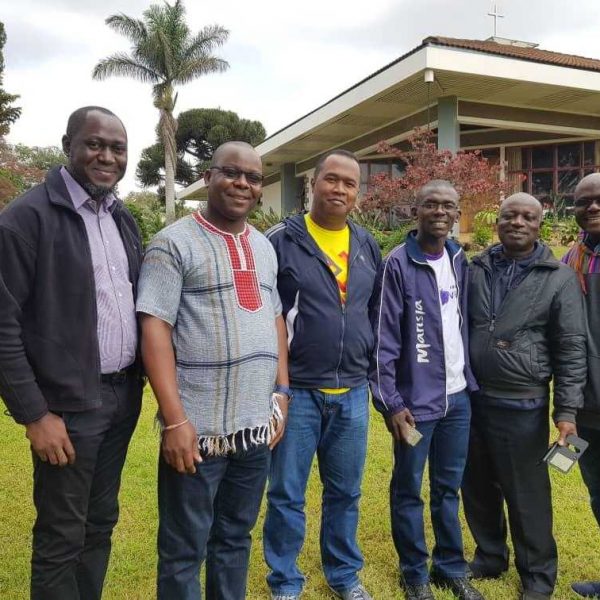In April, FMSI submitted four new reports for the Universal Periodic Review of Argentina, Bangladesh, Colombia and Cameroon with focused and concrete recommendations on children’s and youth rights.
Human rights are one of the fundamental pillars of human dignity. They are inalienable and universal. The global community recognises that the protection of children’s rights must be a priority and the Convention on the Rights of the Child establishes the right of all children to develop their full potential and not to suffer from hunger, lack of adequate education, neglect and abuse.
One of the international mechanisms for the implementation of human rights is the Universal Periodic Review (UPR) of UN Member States. As part of this process, the state under review accepts recommendations on specific rights to be guaranteed through the development of policies, laws and initiatives.
The reports of Argentina and Bangladesh were developed through the joint work of FMSI with other NGOs such as the Centre Catholique International de Genève (CCIG) and Edmound Rice.
Many of the recommendations focus on the right to quality education, access for all to schooling, especially for groups in vulnerable condition, adequate training for teachers and the availability of modern equipment as a key element in making this process sustainable. For Cameroon, it is important to ensure that school communities are not involved in armed conflict and that children and young people can study in a safe environment that facilitates access for all children to school. For Bangladesh, it is important to take action against obstacles that prevent children from accessing school or encourage early school drop out such as physical violence at school as well as at home, child labour, and the traditional practice of early marriage. Children on tea plantations are among for groups in vulnerable condition and at risk of being part of entire generations untrained and left in poverty.
Finally, the report on Colombia presents recommendations drawn up with the direct participation of children and adolescents between the ages of 6 and 15 from the La Torre neighbourhood of Medellin and focuses on children and adolescents living in the informal neighbourhoods of Colombia’s big cities and in particular on their right to play: children demand to have spaces and green areas to play and to be able to carry out cultural, artistic and recreational activities in a safe environment. This right is the basis for the development of civil society and an antidote to violence.
FMSI would like to thank all those who collaborated in the drafting of these reports and wants to continue to be at the side of children, girls and young people, but also of local decision-makers, so that these recommendations are translated into reality.




